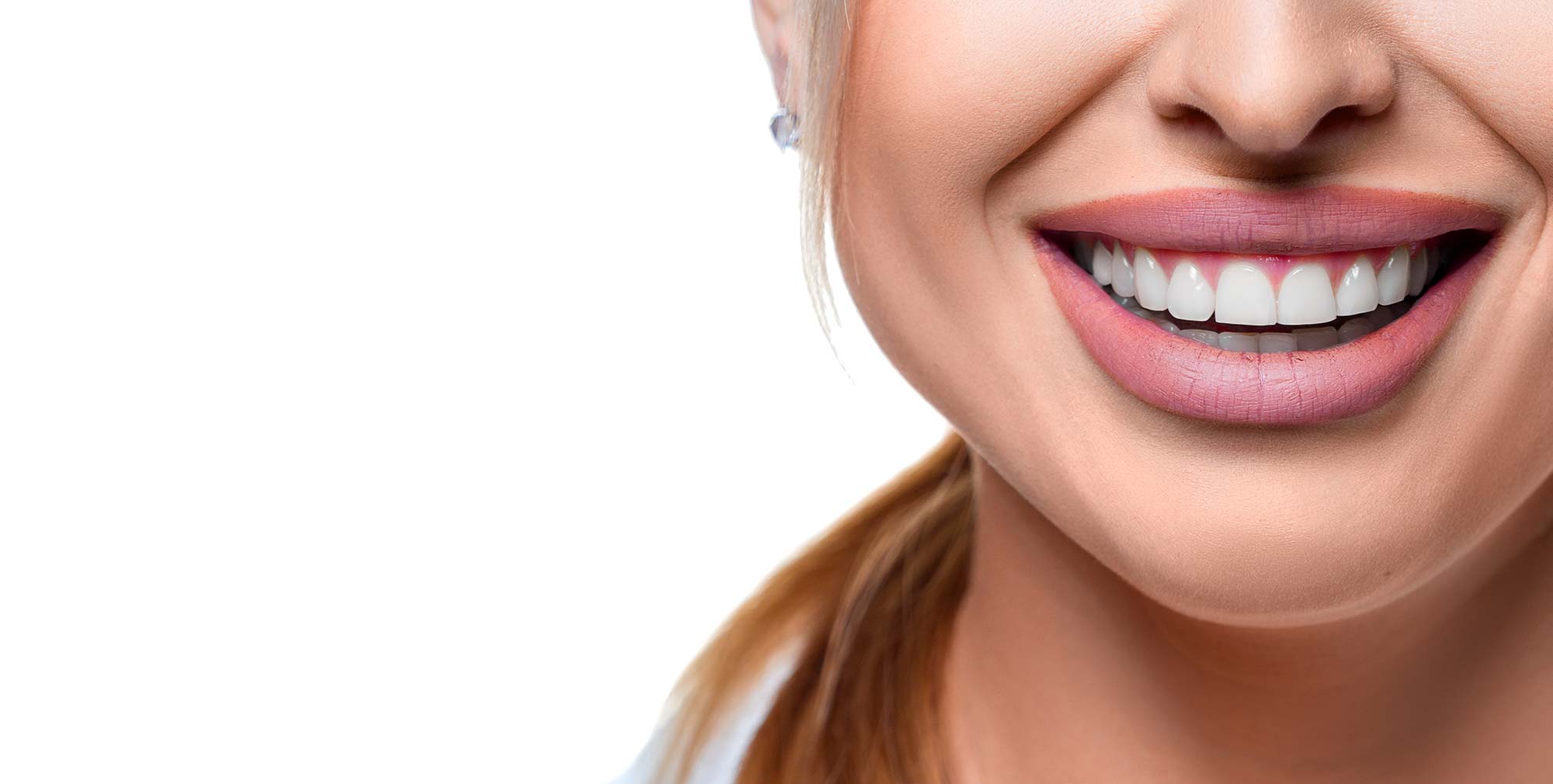Taking care of your teeth is not only important for maintaining a healthy smile, but it can also have a significant impact on your overall health.
Dental decay, gum disease, and even heart disease can be brought on by poor dental care. Fortunately, there are several ways to care for your teeth and keep them in top condition.
One of the most basic ways to care for your teeth is by brushing them regularly. Dentists recommend brushing at least twice a day, for two minutes each time, using a fluoride toothpaste.
It is also important to replace your toothbrush every three to four months, or sooner if the bristles become frayed.
In addition to brushing, flossing is another essential part of oral hygiene. Food particles and plaque can be removed by flossing in areas that a toothbrush cannot reach, such as between teeth and along the gum line.
Regular flossing can help prevent cavities and gum disease, and it only takes a few minutes each day.
FUNDAMENTALS OF ORAL HYGIENE
Brushing Techniques
Effective oral hygiene starts with brushing your teeth. It is recommended that you brush your teeth twice a day for at least two minutes each time. Use fluoride toothpaste and a toothbrush with soft bristles for brushing.
To brush properly, hold the toothbrush at a 45-degree angle to your teeth and use gentle circular motions. Make sure to brush every tooth from the top to the back.
Remember to brush your tongue and the roof of your mouth to get rid of bacteria and improve the quality of your breath.
Flossing Regularly
Flossing is another essential part of oral hygiene. It assists in clearing plaque and food residue from under your gum line and in the spaces between your teeth. It's advised that you floss once a day or more.
Use an 18-inch-long length of floss to floss properly. Wrap the floss around your index fingers and gently slide the floss between your teeth. Use a back-and-forth motion to remove any debris.
Make sure to slide the floss under the gum line and wrap it around each tooth.
By following these two fundamental techniques above, you can maintain good oral hygiene and keep your teeth healthy.
ADVANCED DENTAL CARE
Using Mouthwash
Mouthwash is an excellent addition to any oral hygiene routine, as it can help kill bacteria and freshen your breath.
When selecting a mouthwash, look for one that contains fluoride, which can help strengthen tooth enamel and prevent cavities.
It is important to follow the instructions on the bottle carefully and not to swallow the mouthwash.
Choosing the Right Toothbrush
Choosing the right toothbrush is crucial to maintaining good oral health. Look for a toothbrush with soft bristles, as these are less likely to damage tooth enamel and irritate the gums.
Electric toothbrushes can also be a good option, as they can help remove more plaque than manual toothbrushes.
Healthy Diet for Strong Teeth
Eating a healthy diet is essential for strong teeth and gums. Calcium-rich foods like cheese, yogurt, and milk can help reinforce tooth enamel.
Foods that are high in vitamin C, such as citrus fruits and leafy greens, can help prevent gum disease.
Regular Dental Check-Ups
Having regular dental examinations is crucial to keeping your mouth healthy. During a check-up, the dentist can detect any potential problems, such as cavities or gum disease, and provide treatment before they become more serious.
It is recommended that individuals visit the dentist at least twice a year for a check-up.
Addressing Dental Problems Promptly
If an individual experiences any dental problems, such as tooth pain or bleeding gums, it is important to address them promptly. Ignoring dental problems can lead to more serious issues in the future. It is important to schedule an appointment with the dentist as soon as possible to receive treatment.
By following these advanced dental care tips, individuals can maintain good oral health and prevent dental problems in the future.
